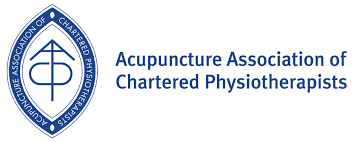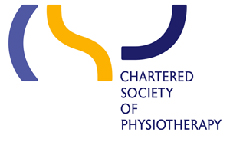You’d be forgiven if the first benefits that come to mind when discussing physiotherapy are pain relief and improved mobility and fitness. However, this process offers a huge variety of benefits, many of which are overlooked such as reduced long-term health risks, improved mobility and mental health.
Here are four top benefits of physiotherapy.
Everybody knows that physiotherapy recovers and strengthens particularly painful or problematic muscles and joints. Hence, a successful cycle of physiotherapy leads to a more healthy and active lifestyle which results in a lot of the side benefits discussed below. By improving your ability to perform aerobic exercises, or ‘cardio’, physiotherapy often improves the consistency of blood pressure which, in turn, reduces cholesterol levels. This becomes increasingly important as you age and will mean that you can run marathons in your 70s… because who doesn’t want to do that!
On the topic of diet, physiotherapy also reduces the long-term risks of dietary and vascular diseases. By stimulating damaged muscles and joints physiotherapy improves blood flow in these areas, which will allow for greater overall stamina and strength. As a result, a successful cycle treatment will allow for a quicker and safer return to regular exercise which is important at a time where a quarter of adults in England are obese.
It may seem an obvious point but importantly, the term ‘mobility’ encompasses more than just flexibility. For example, not only does physiotherapy help with flexibility over time, but it also improves your balance and hand-eye coordination. Improved mobility leads to a more active, and healthy, lifestyle. Showing the versatility of its health benefits, physiotherapy improves the mobility of older patients requiring a walking aid, infants who are first learning to walk, and those with specific mobility-related illnesses such as Cerebral Palsy or Motor Neurone Disease.
It is also true that sometimes a sore muscle or a nagging joint pain can act as a sap on your mental health without you even knowing. This is especially true given that the types of health problems that require physiotherapies, like a broken bone or a pulled muscle, often reduce the quality and consistency of exercise and require hormone-altering medications. By reducing background pain, improving sleep duration and quality, and boosting energy levels, physiotherapy can aid a number of increasingly common mental health problems such as depression and anxiety.
In contrast to popular assumptions, physiotherapy is not solely for the athlete but can provide a range of health benefits for a huge variety of people but many of these benefits are overlooked.
If you think that you require physiotherapy or have any questions regarding its benefits then don’t hesitate to email info@essexphysio.co.uk or call 01245 325 037 to speak to an expert!




